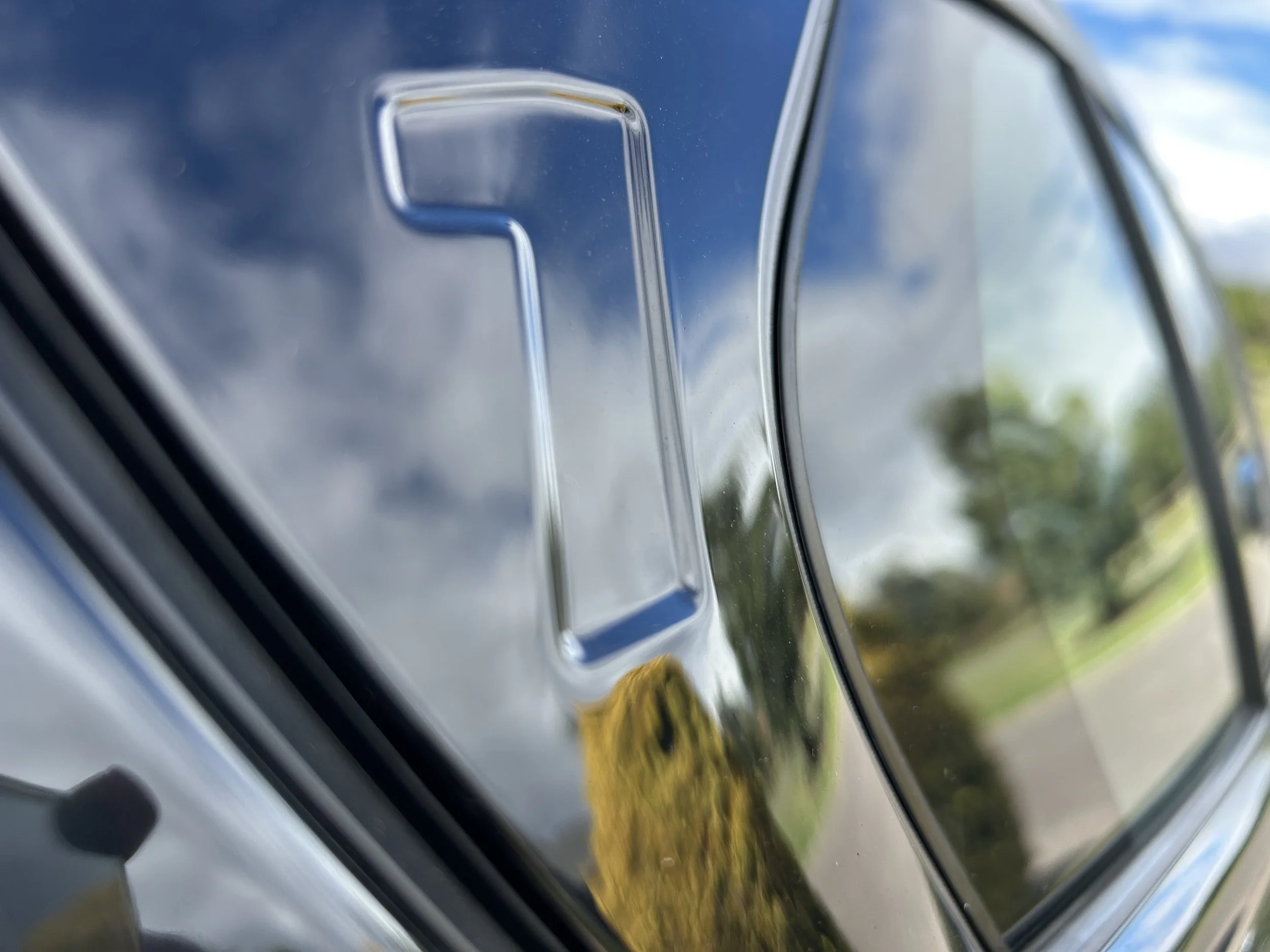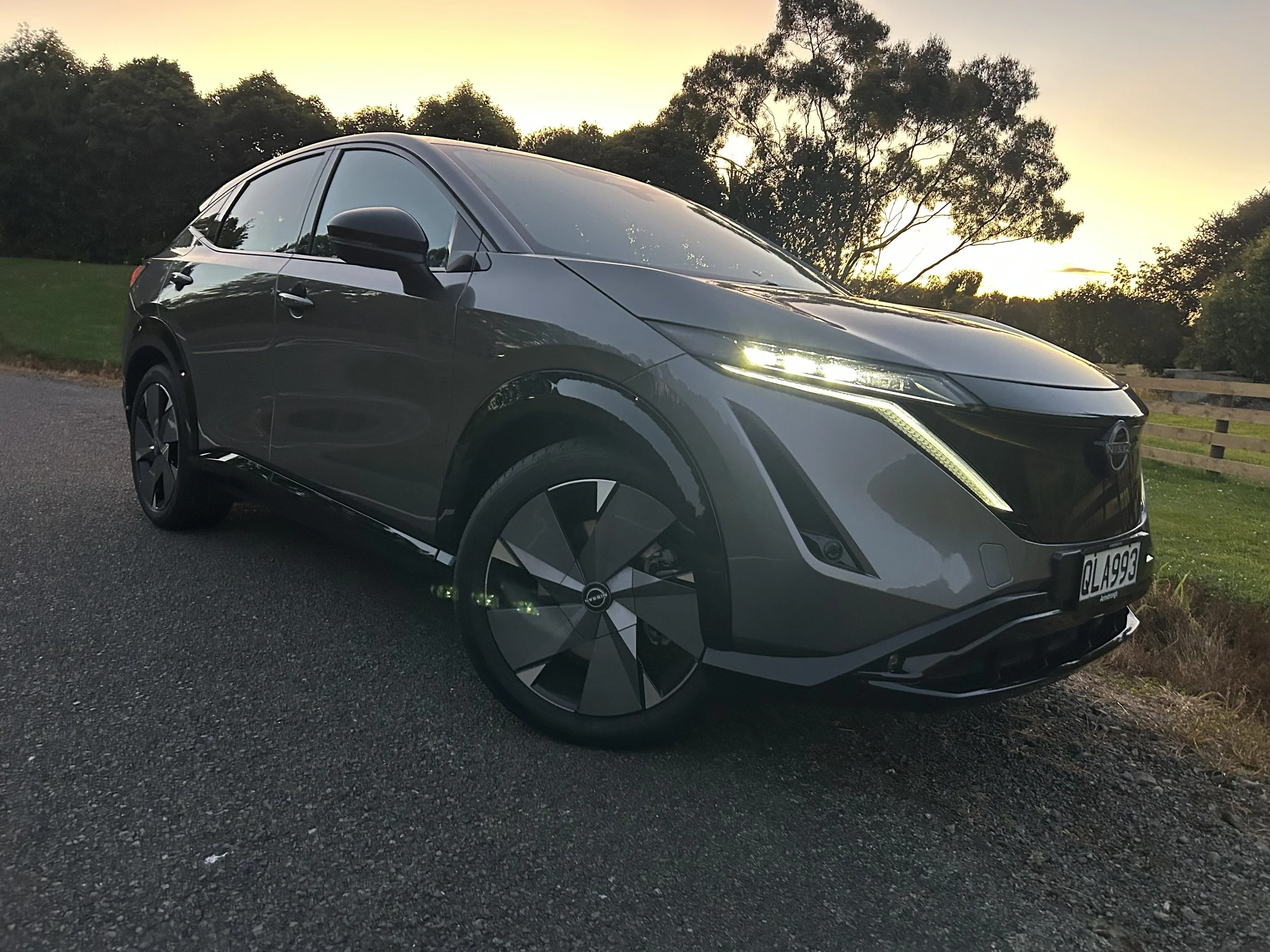Industry groups welcome Budget moves
/Growing hope Government will finally incentivise EVs.
INITIATIVES for cleaner vehicles announced in today’s Budget have been welcomed by two prominent industry-aligned organisations, especially a funding that potentially points to an incentive scheme to help car buyers into electric product.
The Motor Industry Association, which acts on behalf of new vehicle distributors, and Drive Electric, a pressure organisation for adoption of electric cars, have spoken positively about provisions in respect to motoring.
Core ingredients are the allocation of $41 million for the Low Emission Transport Fund, which represents an expansion - in terms of both scope and size - of the existing Low Emission Vehicle Contestable Fund, another $42m for Government agencies to lease low-emission vehicles, and $302m being tagged for a new initiative to support EV uptake.
Details of the latter are still being finalised and it is not yet clear if Government will yet put money toward helping consumers to buy a new or used battery electric vehicle or plug-in hybrid electric, however the industry view is that this is a impending possibility. It is thought more about this will be announced on July 1.
MIA chief executive David Crawford says any intent to incentivise the uptake of low-emissions vehicles so is particularly welcomed.
“We have consistently advised Government that if they want to accelerate the uptake of low emission vehicles then they need to address their lack of affordability, at least in the short to medium term, compared to their equivalent internal combustion engine (ICE) vehicles,” he said.
“We also welcome the commitment already announced of $42m to help decarbonise the public sector’s vehicle fleet.”
An announcement by Energy and Resources Minister Megan Woods to amend the Low Emission Vehicles Contestable Fund to become the Low Emissions Transport Fund is also timely, Crawford believes.
Drive Electric chairman Mark Gilbert, meantime, says Government’s latest support for EV uptake “is an important move that has the potential to create a step-change in NZ’s journey to sustainable transport.”
“The combination of these investments should lead to many more electric vehicles on our roads in coming years,” he says.
“As electric vehicle uptake has accelerated in recent years in other countries, New Zealand has lagged behind.
“In countries like Norway, more than 80 percent of new light vehicles entering the fleet are electric or hybrids, while in New Zealand the figure remains below five percent.
“Each fossil fuel burning vehicle entering New Zealand today will be part of our national fleet for an average of 15 to 20 years. If we are to achieve our carbon zero targets, we need to start buying electric now.”
The investment in increasing the number of electric vehicles in Government fleets is an important act of leadership, and helps grow the number of second hand vehicles on the market over time, he says. Further investment will be needed to decarbonise the 15,000 vehicles in the Government fleet, Drive Electric believes.
“For consumers we know that, while electric vehicles have much lower running costs and maintenance costs than fossil-fuel burning vehicles, the higher upfront cost remains a barrier.
“The coming Clean Car Import Standards, along with these new Government investments, we hope will help reduce the upfront cost of buying an electric car.
“They will mean New Zealand joins the electric revolution, rather than becoming a dumping ground for fossil fuel burning vehicles that other countries don’t want.
“Changing to a sustainable transport system will be a big investment over many years but the benefits, in reduced emissions, reduced air pollution, and slashing the billions New Zealand spends each year on oil imports, is worth that investment, many times over.”

















